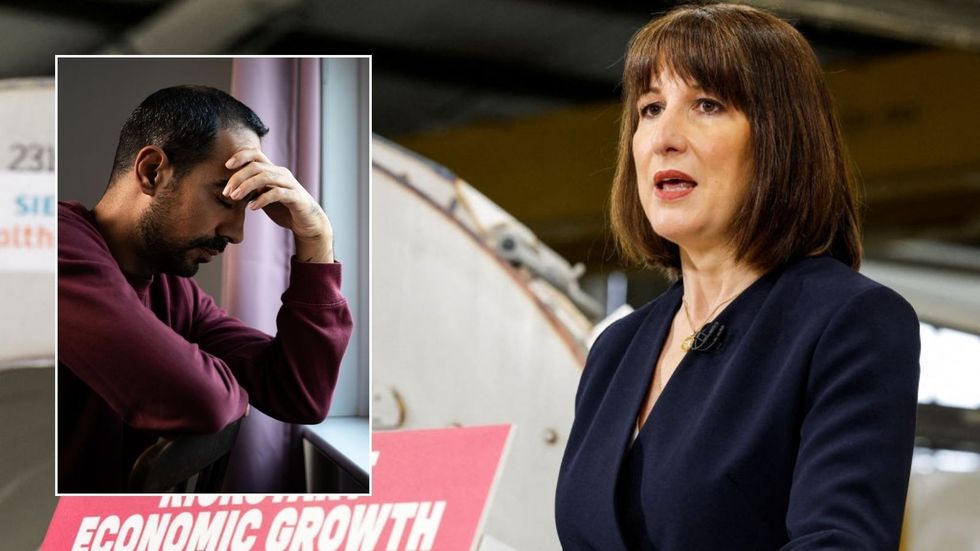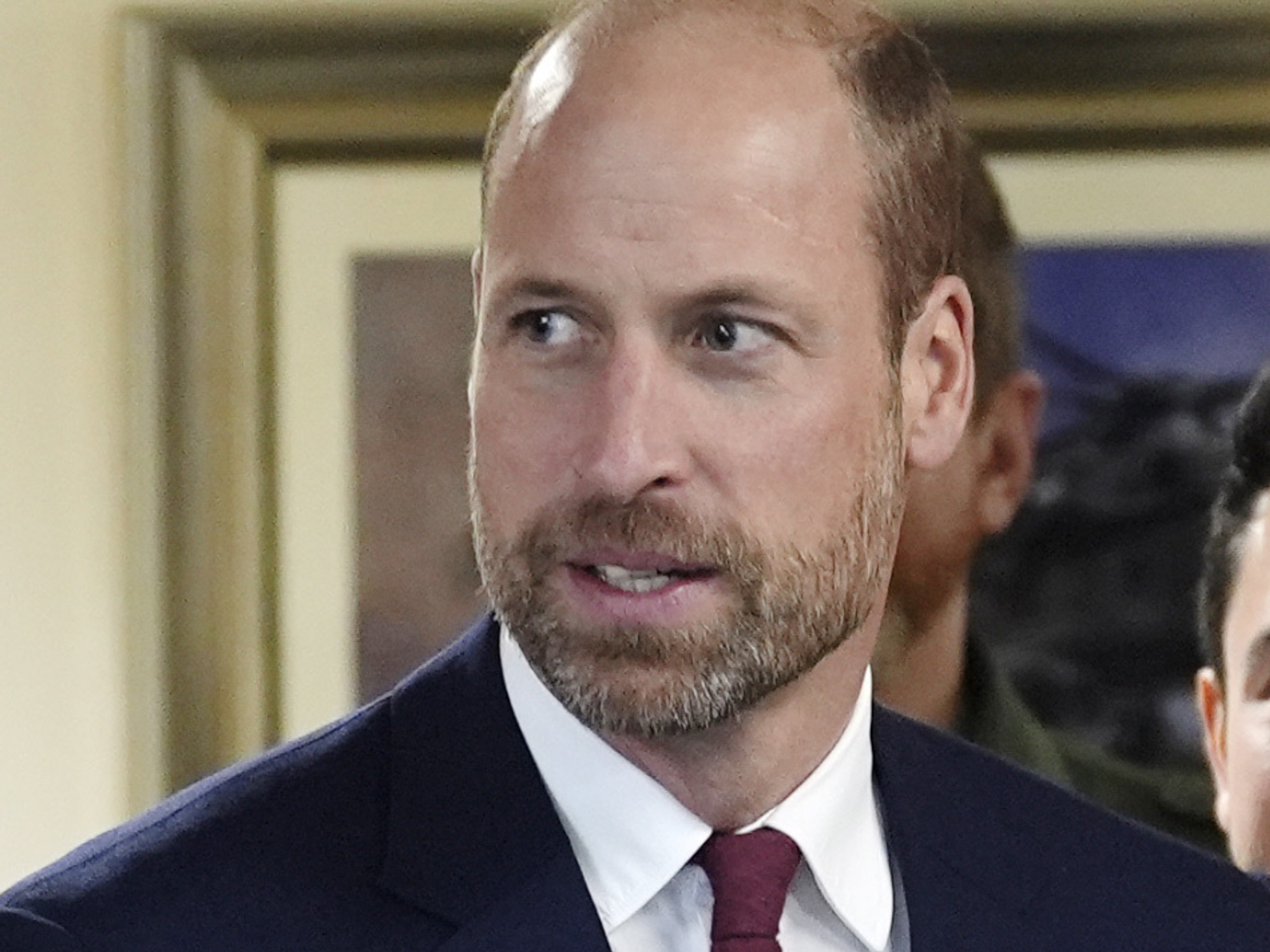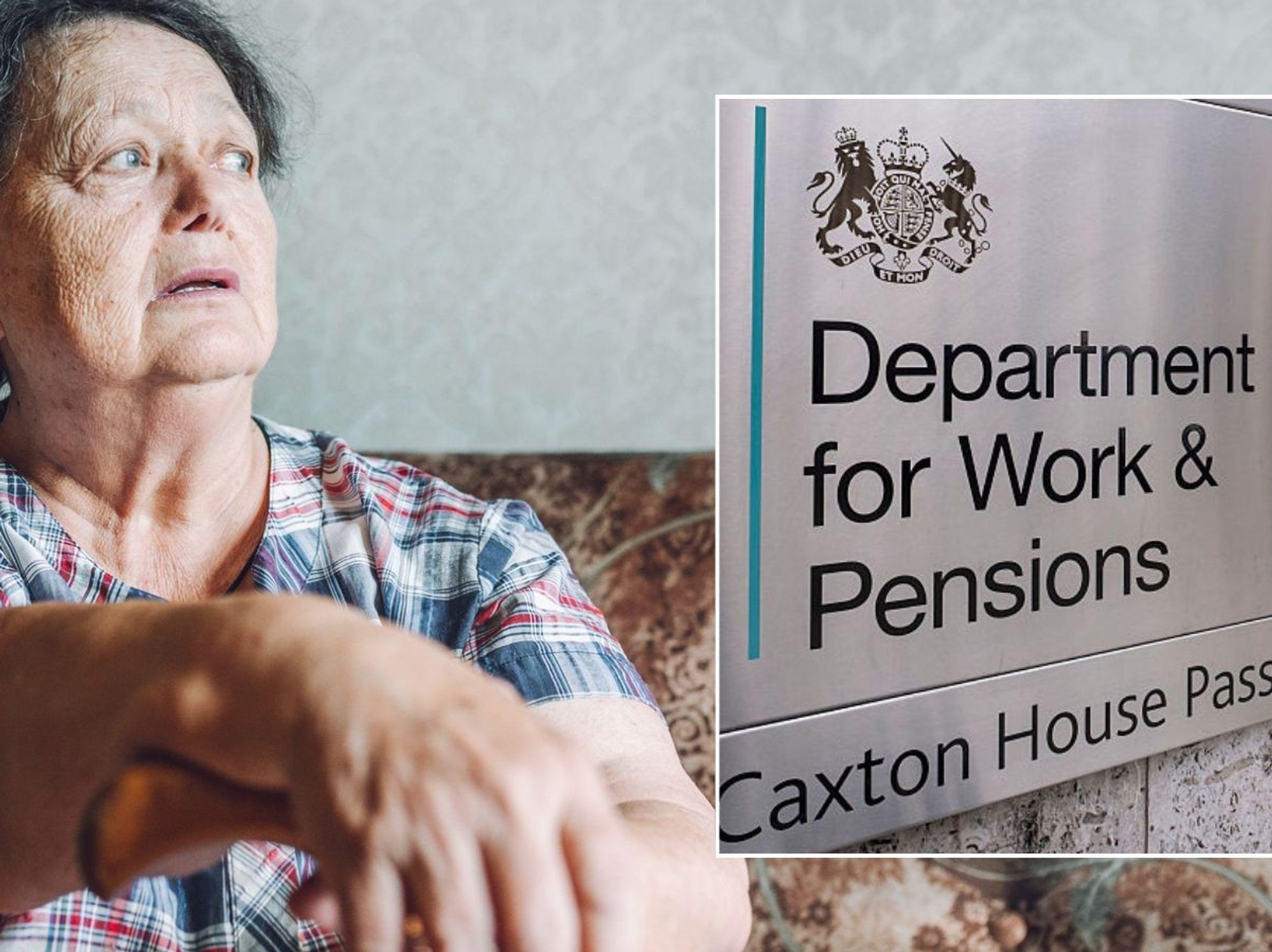Stagflation threat looms as UK economy branded ‘exceptionally fragile’

Analysts caution that weak growth, high inflation, and looming tax rises risk trapping Britain in a stagflation squeeze
Don't Miss
Most Read
Latest
The UK is at risk of stagflation as growth flatlines and inflation stays stubbornly high.
Analysts warn the economy is “exceptionally fragile”, leaving households exposed to rising bills and borrowing costs.
Bloomberg consensus data suggests GDP was flat in July, with economists cautioning that Labour’s lack of clarity on policy is weighing on business confidence ahead of Chancellor Rachel Reeves’ first Autumn Budget.
Despite Prime Minister Sir Keir Starmer urging ministers to take on a “patriotic duty” to drive growth, forecasters believe the economy is losing momentum.
Deutsche Bank’s Sanjay Raja said the second half of the year would bring a “course correction” in stockpiling, trade and public spending, acting as a brake on UK growth.
He predicted the services sector would contract in July due to weaker activity in information and transport, offsetting boosts from good weather and the women’s Euros final. Construction and most areas of industrial production are also expected to decline.
Oxford Economics warned the UK economy remains “exceptionally fragile” and that stagflation, the combination of weak growth and high inflation, could persist.

UK economy faces threat of ‘stagflation’ after bumpy year
| GETTYAndrew Goodwin, Chief UK Economist at Oxford Economics, said: “The Budget may contribute to the headwinds. Media speculation that the UK risks a 1970s-style fiscal crisis is overstated.
“But the fiscal situation is poor and, as recent weeks have shown, UK bond yields are particularly vulnerable to swings in market sentiment.”
He added: “We think the government will need to tighten policy by around £30 billion in November to stay compliant with its fiscal rules.
“We expect the freeze on tax thresholds and allowances to be extended beyond fiscal year 2027-2028, with more narrowly focused tax hikes biting sooner.”

Labour has already faced criticism over fiscal choices
| GETTYLabour has already faced criticism over fiscal choices, including making pension pots liable for inheritance tax by 2027 and raising employer National Insurance contributions.
Ms Reeves has pledged to prioritise growth and improve living standards, but economists argue that the underlying outlook remains weak.
Inflation has fallen from last year’s double-digit highs but is still above the Bank of England’s two per cent target.
Analysts say inflation expectations remain “sticky”, with survey measures of consumer outlook hovering close to four per cent.
The Bank of England has cut interest rates five times since last summer, but economists believe the Monetary Policy Committee will slow the pace of easing as borrowing costs approach more neutral levels.
Oxford Economics expects the MPC to skip a November rate cut and sees Bank Rate ending 2025 at 3.5 per cent, higher than its previous forecast of three per cent but still below current market pricing.
“More interest rate cuts are likely, but given the MPC’s concerns about the strength of underlying inflationary pressures and that rates are moving closer to neutral territory, we expect a more cautious approach,” Goodwin said.
 The UK economy is at risk of "stagflation", experts warn | GETTY
The UK economy is at risk of "stagflation", experts warn | GETTY The warnings come as Labour prepares its Autumn Budget on November 26, with Reeves under pressure to demonstrate a credible plan for growth.
Economists say she must balance the need for stability with demands for radical action to prevent Britain from slipping into a prolonged period of stagflation.
More From GB News










